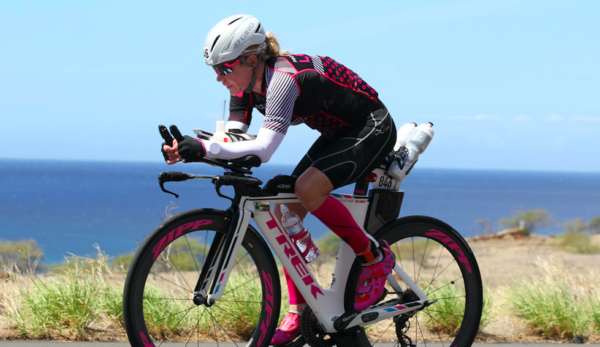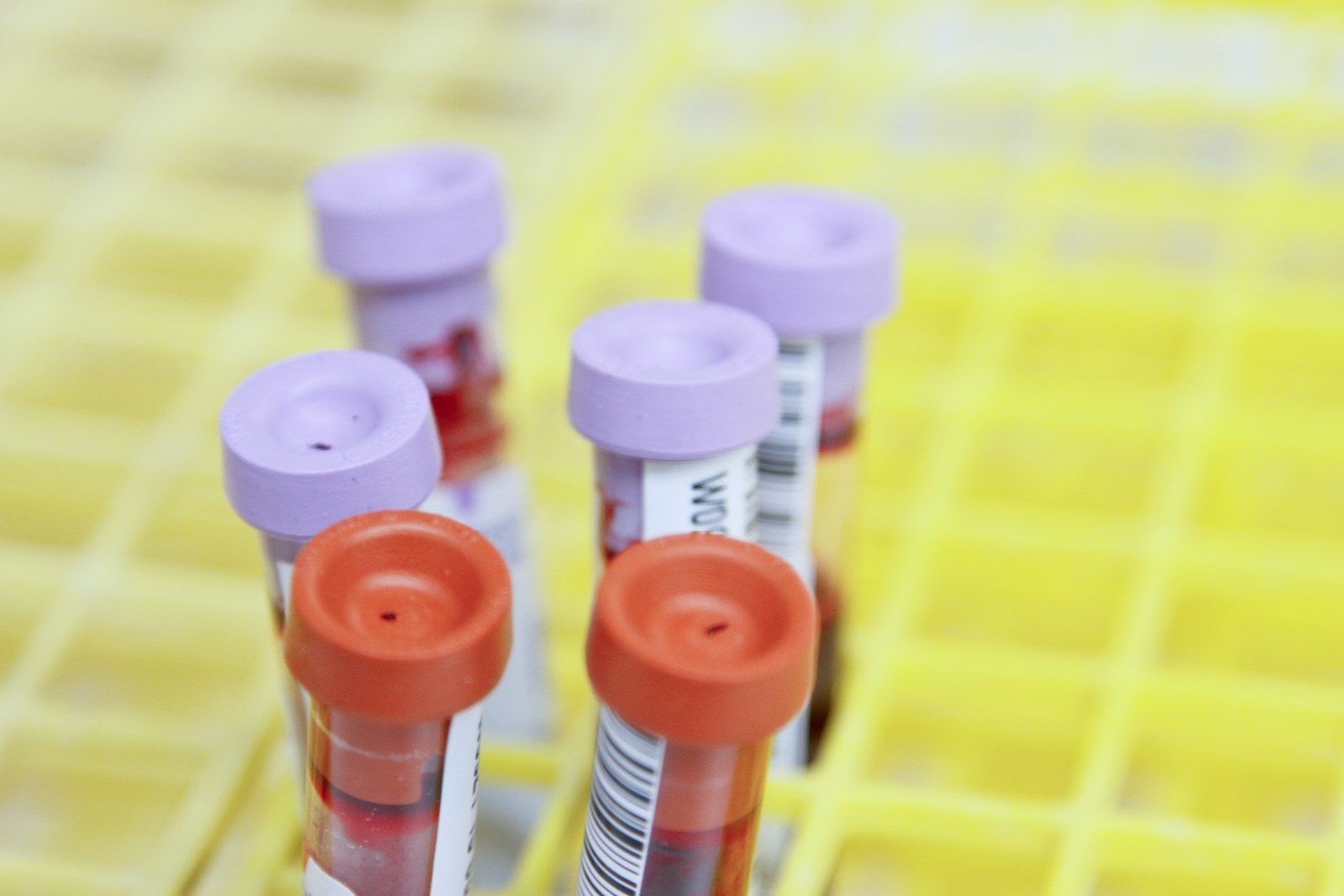Protein for Endurance Athletes – Quantity, Timing, and Sources Explained

It’s true that endurance athletes require more protein than their sedentary counterparts. And while many athletes meet or exceed the recommended daily protein requirement, they may not be distributing their protein intake appropriately. Consuming too much protein can be as risky as not having enough. Excess protein increases the production of ammonia (as a waste product), which the body eliminates via urine and sweat. As a result, ridding the body of ammonia requires adequate hydration to process the waste. Alternatively, inadequate protein intake can negatively affect the formation of hormones and enzymes and hinder muscle recovery/repair post workout.
Protein serves many important roles:
- Supports the growth and repair of muscles, tendons, ligaments, skin, hair, and nails
- Assists in the formation of hormones, enzymes, and neurotransmitters
- Creates antibodies, which are a key component of the immune system
- Needed for the formation of hemoglobin (the substance that carries oxygen to the muscles)
- Serves as a fuel source during endurance training when carbohydrate reserves run low
- Helps maintain water balance in the body
How much protein do endurance athletes need?
The body can only metabolize 20-40g at one time so loading your plate or smoothie with excess protein will not yield the desired goal. Consequently, an abundance of any macro-nutrient (carbs, protein, and fat) will be stored as fat in the adipose tissue. The endurance athlete’s size and age are determining factors in how much to consume at one time. Smaller athletes may need only 15-20g whereas larger athletes with more muscle mass and higher energy output can easily incorporate up to 35-40g protein at one meal. Older athletes (>55-60 years old) require more protein to achieve the same effect due to the progressive loss of muscle mass associated with the aging process.
Athlete’s daily protein requirement: 1.4-1.7g/kg/day or 0.6-0.9/lb/day.
Post workout protein requirement: 0.25-0.3g/kg within 30 minutes.
For example, a 150 lb. athlete would need 90-135g/day and 17-20g protein post workout (along with simple carbs to replenish glycogen stores and fuel muscle synthesis).
Timing of protein for endurance athletes
To maximize physical adaptation, maintain a strong immune system, and maximize recovery, both the timing and amount of protein are critical.
- Begin and end your day with 15-20 g protein to suppress the negative effect of hormonal stress (cortisol) that is often elevated during a heavy training phase or when suffering from broken sleep.
- Meals – include protein at each meal (15-40g depending on size and age of athlete).
- Snacks – bridge the gap between meals that are more than four hours apart. Include 10-15g of protein in snacks.
- Bedtime snack – dairy protein (made up of whey and casein) is ideal due to casein, slow releasing (whey is fast releasing) and helps stabilize blood sugars as well as offsets muscle breakdown during the overnight fast.
Intense and prolonged training sessions break down muscle tissue, followed by an increase in muscle protein synthesis over the next 24 hours. Consuming high-quality protein within 30 min post workout enhances this process and reduces the cortisol response caused by the stress of the training session. When fuel stores (glycogen) run low, the body burns protein as fuel by breaking down muscle. Failing to fuel with carbohydrates during a key workout (intense or long in duration (>75 min)) will lead to unnecessary muscle breakdown. This defeats the purpose of the workout and ultimately jeopardizes the athlete’s health and metabolic system.
Ideal sources of protein for endurance athletes
Proteins are made up of amino acids, which are the building blocks of muscles, tendons, ligaments, skin, hair, and nails. Amino acids that are manufactured by our body (from the breakdown of muscle tissue) are considered nonessential to our diet. However, amino acids that we cannot manufacture in our body are considered essential to our diet and must be consumed in adequate amounts for optimal performance and overall health.
Animal sources are considered a complete protein because they contain all nine essential amino acids necessary for protein synthesis. Some plant-based proteins are incomplete proteins because they do not contain all of the nine essential amino acids. However, some plant-based proteins such as Pumpkin Seed, Peanut Flour, or Sunflower do contain all the essential amino acids.
Both animal and plant protein sources will meet overall protein needs of endurance athletes as long as consumption is from a variety of sources, particularly when relying on plant-based options.
Protein sources and recommended servings:
Lean meat, fish, poultry or soy-based foods (tofu, tempeh) – 2-4/day
Eggs – a great choice for breakfast and on salads
Dairy products (milk, yogurt, cheese) – 2-3/day
Legumes (4-5/week)
Animal Protein Sources:
Cottage cheese ½ cup – 13g
Greek yogurt 5oz – 11-20g
Milk 8oz – 8g
Cheese 1oz – 4-7gBeef, chicken, fish 1oz – 7-8g
Eggs 1 – 6g
Ground turkey 1 oz – 7g
Cocoa Elite Recovery/serving – 12g
Cocoa Elite Everyday Whey protein/serving – 22g
Plant-based Protein Sources:
Tofu ½ cup – 8g
Tempeh 3oz – 15g
Spirulina (seaweed) 2 tbsp. – 8g
Lentils ½ cup – 9g
Nuts 1oz – 4-6g
Nut butter 2 tbsp. – 8g
Edamame ½ cup – 8g
Cocoa Elite Vegan recovery/serving 10g-11g
If you’re looking for help formulating an protein plan for your specific training schedule, dietary needs, age, and health situation, check out our sports nutrition coaching services, or leave a comment below.








